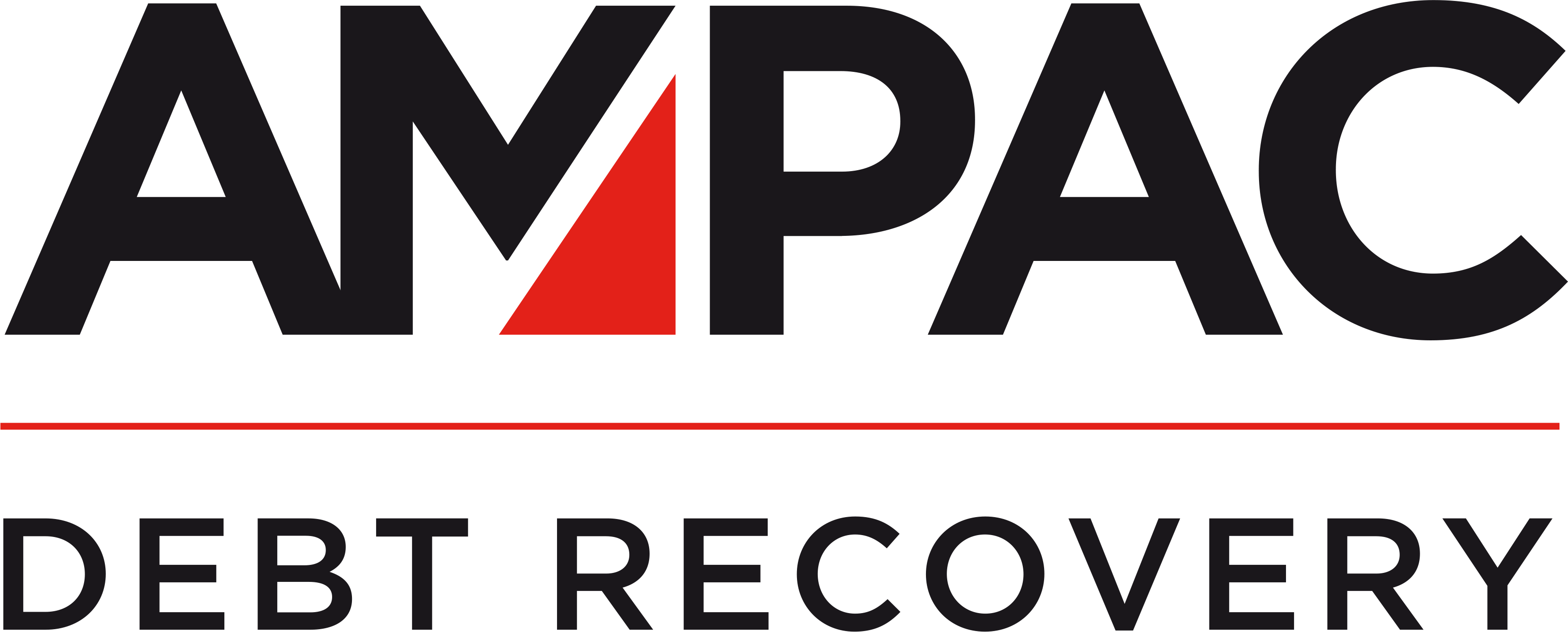Home / Effective Credit Management – Part 1
This is the first in a series of articles discussing the importance of credit risk management to all businesses that provide trade credit. In Part 1 we discuss the cost of bad debts, the correct approach to opening a new account and the role of a collection agency in recovering overdue debts.
A businesses accounts receivable is often one of its largest assets and provides the cash-flow necessary to prosper and grow in these challenging and changing times. Quality credit management is a key element of strong cash flow. If practiced correctly, it will support the company’s cash flow requirements and contribute to growth and profitability by minimising the incidence of overdue accounts and bad debts.
The 4 key elements of quality credit management revolve around:

This series of articles will outline a quality approach to credit risk management, which can be adapted to suit the specific requirements of almost any business, particularly those in the SME market.
Whenever an organisation provides credit, there is a risk that the account may not be paid on time. In addition, the longer a debt remains outstanding, the likelihood of it never being paid increases. Quality credit management is a combination of good internal procedures, quality documentation and swift, decisive action.
Below is a table, which identifies the cost to business of writing off bad debts, and illustrates the additional sales revenue, required to offset a bad debt. As can be seen, if a business generates a profit of 10%, and suffers a bad debt of $10,000.00, it will need to increase sales by $100,000.00 to negate the effect of the bad debt. What is not represented here, is the indirect costs associated with carrying the bad debt. These indirect costs include the cost of replacement capital, the labour costs associated with chasing the debt and the opportunities lost as a result of diverting labour to chase overdue accounts.

The good news however, is that it is not expensive to improve the management of credit. An investment of time and a commitment to implementing quality practices, procedures and documentation will pay handsome dividends almost immediately.
A key part of a good credit policy involves selecting the right partners to assist you along the way. This includes your choice of collection agency. Generally, the services of a collection agency will include:
Note: The introduction of the Personal Property Securities Act 2009 (PPSA) in 2012 has meant that many organisations have had to update their terms and conditions of trade to allow them to register their Security Interest in property, goods or equipment. The registration of a Security Interest replaces an organisations previous ability to retain title over goods by including a Retention of Title Clause in their terms and conditions.
One of the most important aspects of credit management occurs right at the beginning of the business relationship. The quality and accuracy of information obtained prior to extending credit often determines how successful an organisation will be at recovering its debt.
The account set-up procedure should include a checklist to ensure each new account is established consistently and that all paperwork and account verification procedures are followed. The purpose of developing a structured approach to opening new accounts is to filter high-risk debtors and reduce that risk, and at the same time, identify quality customers with whom sales opportunities can be optimised.
As a minimum, the following processes should be introduced:
As a supplier, you should never feel pressured into opening a new account until you are satisfied that the prospective customer is worthy of your credit.
Finally, keep credit on the agenda at management meetings. Discuss major accounts regularly, as well as the slow payers. Encourage everyone to be on the lookout for warning signs that a business is struggling, and act swiftly and decisively if problems are identified.
Mark Logue is a debt collection specialist and the joint managing director of AMPAC Debt Recovery. He has more than 30 years experience in the debt recovery and credit reporting sector, covering all segments of industry and commerce throughout Australia and overseas. Mark can be contacted by phone on 0409 749 709 or by email at m.logue@4ampac.com.au
If you need help to recover your overdue business debts, call AMPAC on 1300 426 722 or email us at sales@4ampac.com.au

Do you have debt that needs recovering? Are you unsure on where to start? Contact AMPAC Debt Recovery for solutions today and speak to one of our qualified consultants to get you started.
Please fill in your details below to get instant access to Selecting the Right Collection Agency for Your Business